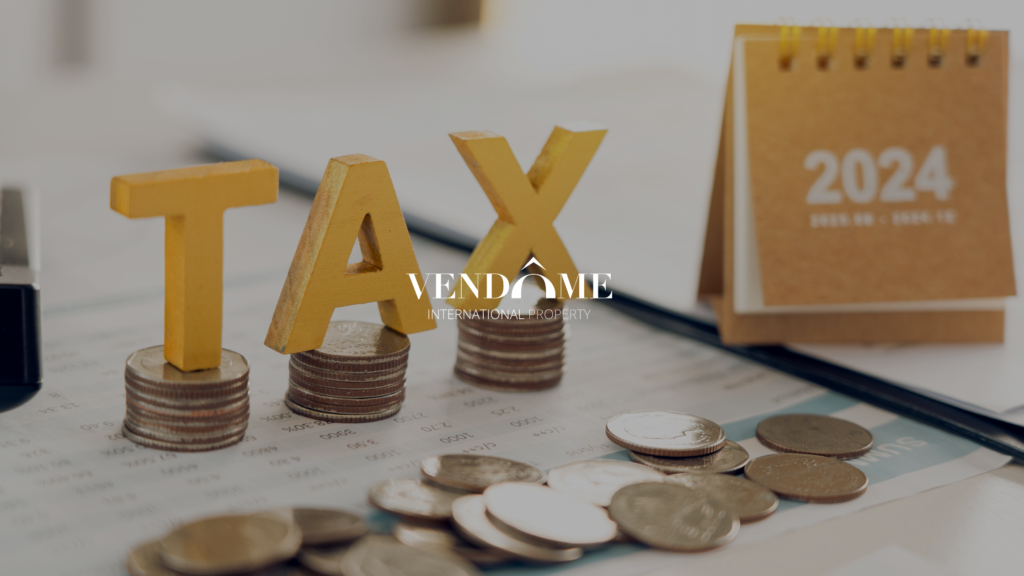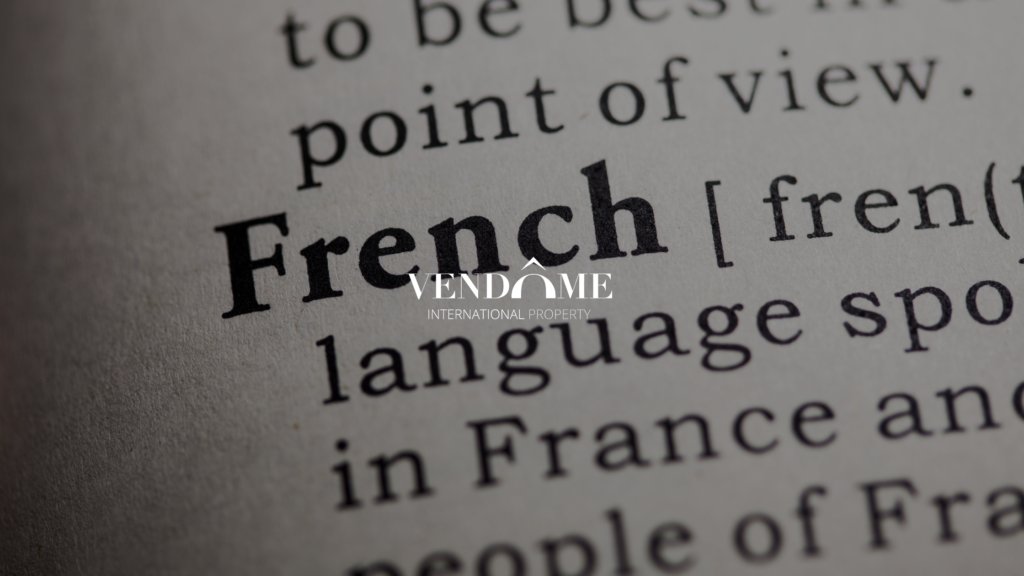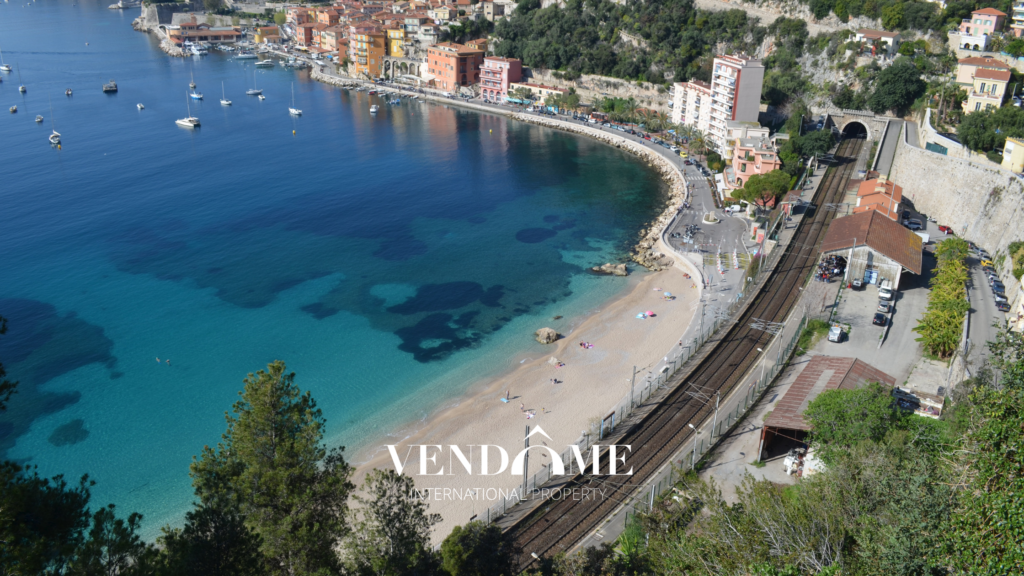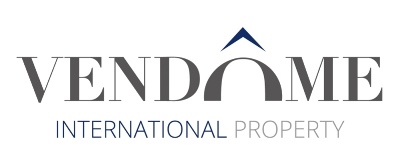What Issues Do Foreigners Face When Buying Property in France?


Foreigners buying in France often find the experience both thrilling and challenging. France’s allure, with its stunning landscapes, rich history, and diverse culture, makes it a top destination for international property buyers. However, the journey to owning property in this beautiful country comes with a unique set of challenges. In this article, we will explore the common issues that foreigners buying in France may encounter and provide valuable tips to navigate them successfully.

1. Understanding the French Legal System
One of the first hurdles foreigners buying in France face is understanding the French legal system. The process differs significantly from that in many other countries. For instance, the transaction begins with the signing of a compromis de vente, which is a preliminary sales agreement binding both parties to the sale. This is followed by the acte de vente, the final contract that officially transfers ownership.
In France, a notaire plays a central role in the transaction. Unlike in some countries where a lawyer might handle these matters, the notaire is responsible for ensuring that the sale is legally binding, all taxes are paid, and the property’s legal status is clear. For foreigners buying in France, the notaire’s involvement can be both reassuring and complex, requiring a good understanding of French legal norms.

2. Navigating Tax Implications
Taxation is a critical area that can be quite complex for foreigners buying in France. The French tax system involves several property-related taxes, including capital gains tax. If you plan to sell the property later, this tax can significantly impact your profits.
Additionally, foreigners buying in France who are also American citizens need to be aware of the Foreign Account Tax Compliance Act (FATCA). This U.S. law requires Americans to report their foreign financial assets, including property in France, to the IRS. Understanding how the tax treaty between France and your home country applies is crucial to avoid unexpected tax liabilities.
3. Residency and Visa Requirements
Many foreigners buying in France wonder if purchasing property will help them obtain a long-stay visa or qualify for residency. While owning property in France does not automatically grant residency, it can be a factor in visa applications.
France offers several visa options for property owners, particularly those who plan to spend extended periods in the country. However, the process can be complex and often requires proof of sufficient income, health insurance, and other documentation. Foreigners buying in France should consider consulting with an immigration specialist to navigate these requirements successfully.

4. Working with French Real Estate Agents
The role of real estate agents in France can differ significantly from what foreigners buying in France might be used to. In France, agents often have exclusive agreements with sellers, meaning that a single agent may not have access to all available properties. This can require working with multiple agents to view a comprehensive selection of properties.
Additionally, foreigners buying in France should be aware of the commission structure. In France, the buyer typically pays the agent’s commission, which can vary. It’s important to clarify these details upfront to avoid any surprises later in the process.
5. Understanding the French Property Market
The French property market is diverse, with significant variations depending on the location. Prices in cities like Paris are often much higher than in rural areas, and each region has its unique market dynamics. Foreigners buying in France need to understand these variations to make informed decisions.
Certain areas, such as those near the Swiss border, are particularly attractive to international buyers due to their proximity to Switzerland and the high demand for properties. However, these areas may also have more complex regulations and higher prices, making it essential for buyers to thoroughly research the market and work with local experts.
6. Financial Considerations and Securing Financing
Securing financing can be more challenging for foreigners buying in France compared to local buyers. French banks may require a higher down payment, often around 20% to 30%, and the loan approval process can be more stringent. Understanding the French mortgage market and working with a lender experienced with foreign buyers is crucial.
Foreigners buying in France also need to consider the impact of exchange rate fluctuations on the overall cost of their property. Consulting with a financial advisor who can provide guidance on managing currency risks is advisable.
7. The Importance of Due Diligence
Due diligence is critical for foreigners buying in France. This process involves thoroughly researching the property, understanding the local market, and ensuring that all legal aspects are covered. This includes confirming that the property complies with local zoning laws and building regulations.
Working with a reputable notary and other legal professionals familiar with French property law is essential. They can help identify any potential issues with the property and ensure that all necessary paperwork is in order before finalizing the purchase.

8. Language Barriers
Language can be a significant barrier for foreigners buying in France. While many French real estate agents and notaries speak English, this is not always the case, particularly in rural areas. Important legal documents, such as the compromis de vente and the acte de vente, are typically in French, which can pose challenges for non-French speakers.
Foreigners buying in France should consider working with a translator or a bilingual real estate agent who can help navigate the language barrier. Understanding every aspect of the contract is crucial to avoid misunderstandings or legal complications later on.
9. Cultural Differences in Negotiation
Negotiating the purchase of a property in France can be quite different from other countries. French sellers may have different expectations regarding price negotiations, and the process can be more formal. For example, French sellers often expect buyers to have their financing in place before entering serious negotiations.
Foreigners buying in France should be prepared for a potentially slower negotiation process and be patient and respectful of local customs. This understanding can go a long way in ensuring a successful transaction.
10. Property Management and Maintenance
Finally, foreigners buying in France need to consider how they will manage and maintain their property, especially if they do not plan to live there full-time. Property management services are available, but they come at an additional cost. It’s essential to factor in these costs when budgeting for the property purchase.
Regular maintenance is also crucial, particularly for older properties that may require more upkeep. Understanding the costs and logistics involved in maintaining a property from abroad is vital for long-term success.

Conclusion
What issues do foreigners facing when buying property in France? the process can be both rewarding and challenging. By understanding the French legal system, navigating tax implications, securing financing, and conducting thorough due diligence, buyers can successfully overcome the challenges and enjoy their investment in one of the world’s most beautiful countries.
For more detailed guidance and support in buying property in France, contact Vendome Property – your trusted partner in French real estate.
FAQs on Foreigners Buying Property in France
1. Can foreigners buy property in France?
Yes, foreigners can buy property in France without any restrictions. There are no limitations on the nationality of the buyer or the type of property they can purchase.
2. Does buying property in France give you residency?
No, buying property in France does not automatically grant you residency. However, owning property can support your application for a long-stay visa, particularly if you plan to live in France for more than 90 days at a time.
3. What taxes do foreign property owners in France need to pay?
Foreign property owners are subject to the same taxes as French residents, including property tax (taxe foncière) and residence tax (taxe d’habitation). Additionally, if you sell your property, you may be liable for capital gains tax. The specific tax implications can vary based on your country of residence and any applicable tax treaties.
4. Are there any restrictions on financing a property in France as a foreigner?
Foreigners can obtain a mortgage from French banks, but the process can be more challenging compared to local buyers. Lenders may require a higher deposit, often around 20-30% of the property’s value, and may ask for proof of income, assets, and a good credit history.
5. What is the role of a notary in buying property in France?
A notary is a public official responsible for overseeing the legal aspects of property transactions in France.



